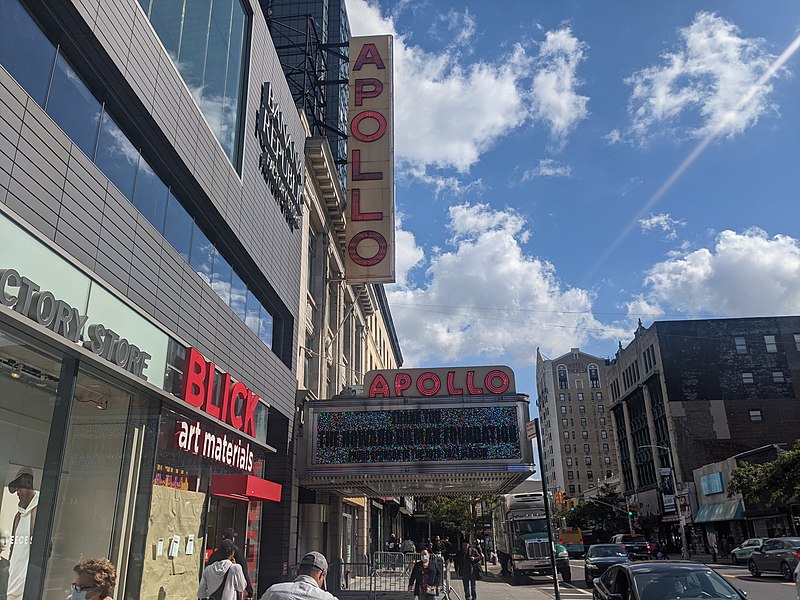
Beyond Memphis and Motown: New York City Soul
Home of the fabled Apollo Theatre and 125th Street in Harlem, New York City had long been the epicenter of Black entertainment in America. An important hub for both doo-wop and girl groups, it is curious that, outside of King Curtis, Chuck Jackson, and Dionne and Dee Dee Warwick, New York produced few soul artists of significance. However, the city did serve as the home of three record companies: Bobby Robinson's complex of labels, Sue, Fire, Fury, and Enjoy; Florence Greenberg's Scepter/Wand imprints; and Ahmet Ertegun, Nesuhi Ertegun, and Jerry Wexler's Atlantic Records. Each of them issued important soul recordings.
Atlantic was founded in 1948 as an R & B and jazz label. The company grew into a soul music powerhouse beginning with Ray Charles's seminal recordings in the 1950s. In the 1960s, Jerry Wexler signed a bevy of soul greats, including Solomon Burke, Don Covay, Wilson Pickett, King Curtis, Aretha Franklin, and the Sweet Inspirations. Atlantic augmented this rather impressive roster when Wexler, through Atlantic's distributor in the mid-South, got wind of the regional success Stax enjoyed with Rufus and Carla's "Cause I Love You" in the summer of 1960. Wexler immediately flew down to Memphis and worked out a handshake deal, formalized in writing in 1965, giving Atlantic distribution rights for all Stax/Volt products issued through May 1968. Over time, Wexler was to work out similar deals with FAME, Dial, and Malaco Records, picking up seminal soul recordings by Clarence Carter, Joe Tex, and King Floyd in the process. Although Atlantic base was in New York City, most of its soul recordings were either recorded in the South or cut in New York with various musicians from the South, such as the Memphis Horns and the Muscle Shoals Rhythm Section, flown in for the sessions. Therefore, the New York soul did not have its own unique sound.
Long Walk to D.C.
It's a long walk to DC but I've got my walking shoes on
I can't take a plane, passer train, because my money ain't that long
America we believe, oh that you love us still
So people I'm gonna be under to wipe away my tears
A Change is Gonna Come
I was born by the river
In a little tent
Oh, and just like the river, I've been runnin'
Ever since
It's been a long
A long time comin', but I know
A change gon' come
Oh, yes it will






